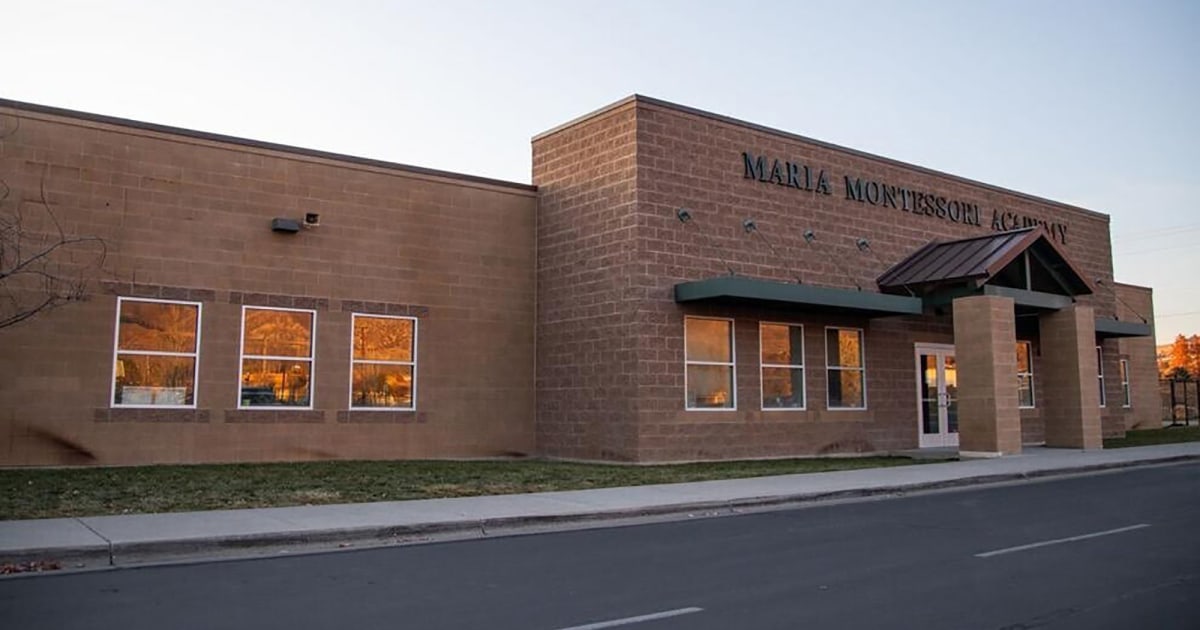NORTH OGDEN, Utah – Parents who chose not to allow their children to learn the Black History Month curriculum at a charter school in northern Utah withdrew their requests.
The Maria Montessori Academy in North Ogden experienced a public reaction after announcing plans to make participation optional, Standard-Examiner reported on Saturday.
“We regret that after receiving the requests, an opt-out form was sent in relation to the activities planned during this month of celebration,” said a statement from Academy Director Micah Hirokawa and the school board.
“We are grateful that families who initially had doubts and concerns came willingly to the table to resolve any differences and, at this time, no family is choosing to leave our planned activities and we have removed that option,” said the statement.
School officials said that some families had asked for an exemption from instruction, but declined to say how many or specify the reasons given.
Betty Sawyer, head of the NAACP Ogden chapter, said she contacted the school on Saturday morning about the decision to make the Black History Month curriculum optional.
Data from the Utah State Board of Education show that only three of the academy’s 322 students are black, while 70% are white.
Hirokawa wrote on the school’s Facebook page on Friday that he “reluctantly” issued a letter explaining that families are allowed to “exercise their civil rights not to participate in Black History Month at school”.
The Facebook page appeared to have been removed on Saturday.
In the future, the school plans to address individual parents’ concerns, said Hirokawa.
Discussions held with parents will not result in a change in the curriculum for Black History Month, which is based on black history instruction using the state’s social study standards, said Hirokawa.
Hirokawa, who is of Asian descent, said the posting on social media runs counter to his personal beliefs as the great-grandson of people sent to a Japanese internment camp.
“Personally, I see a lot of value in teaching our children about the mistreatment, challenges and obstacles that people of color in our nation have had to face and what we can do today to ensure that such mistakes do not continue,” said Hirokawa.
